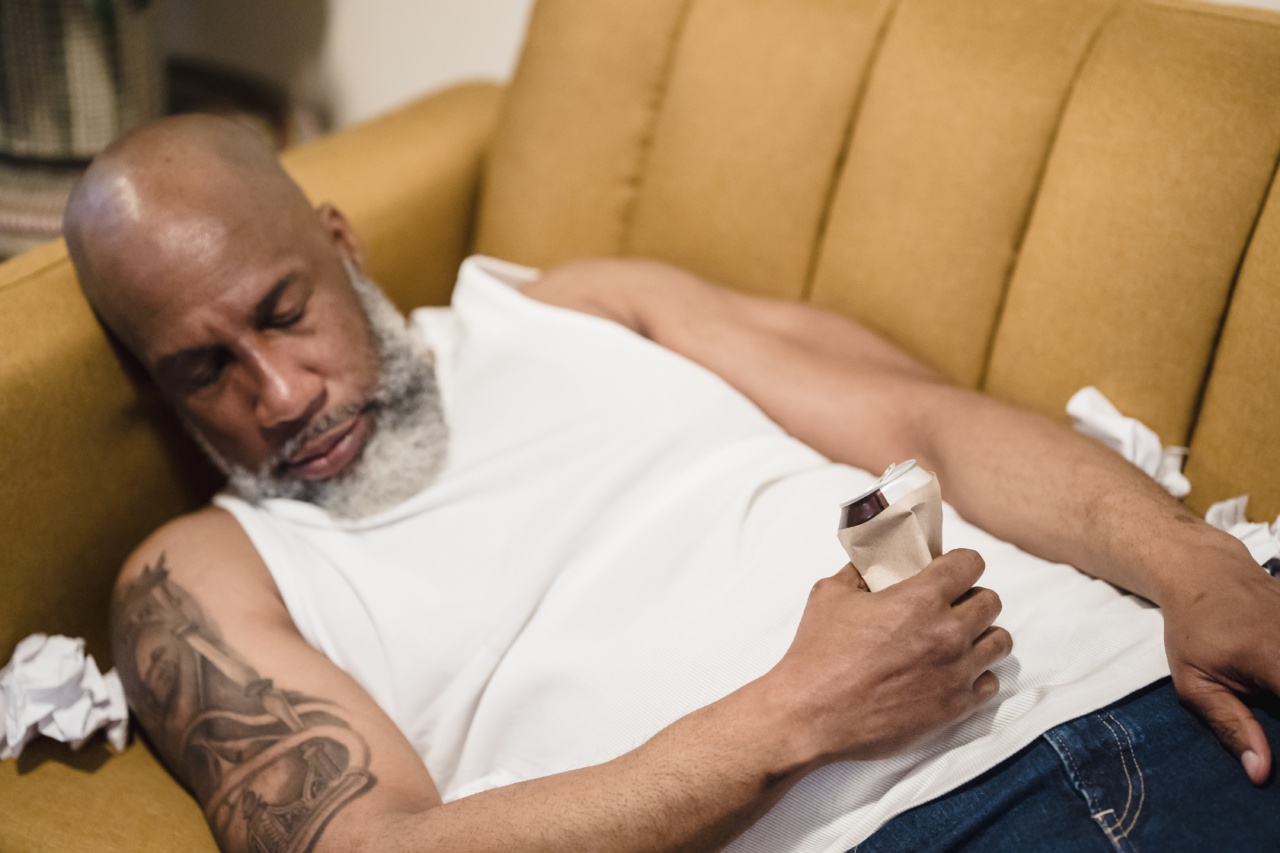Summer is a season most people look forward to. It’s a time for vacations, beach trips, and outdoor activities. However, while summer can bring joy and excitement, it can also bring some unexpected challenges, such as hair loss.
Many people experience increased hair shedding during the summer months, and there are several reasons why this happens. In this article, we will explore the various factors that contribute to summer hair loss and provide some tips on how to prevent and manage it.
1. Sun exposure
One of the primary factors that can cause hair loss during summer is excessive exposure to the sun. The harmful ultraviolet (UV) rays of the sun can damage the hair follicles and weaken the hair shaft, leading to hair breakage and thinning.
UV rays can also cause scalp sunburn, which can further contribute to hair loss.
2. High humidity
During the summer, humidity levels are usually higher, especially in tropical or humid climates. High humidity can make the hair shaft swell, resulting in frizz and breakage. This can weaken the hair and lead to increased shedding.
3. Chlorine in swimming pools
Swimming is a popular activity during summer, but the chlorine in pool water can be harsh on the hair. Chlorine strips the hair of its natural oils, leaving it dry, brittle, and prone to breakage.
Continued exposure to chlorine can cause cumulative damage, leading to hair loss over time.
4. Saltwater and ocean activities
Beach vacations and water sports are common summer activities, but saltwater can have detrimental effects on the hair. The high salt content in seawater can dehydrate the hair and scalp, making the hair more prone to breakage and hair loss.
Additionally, the sun and wind exposure often experienced at the beach can further damage the hair.
5. Increased sweating
Higher temperatures during summer result in increased sweating. Sweat contains toxins and salt, which can clog the hair follicles and impede healthy hair growth.
When the hair follicles are blocked, it can lead to scalp inflammation, itching, and hair loss.
6. Changes in diet
During the summer, many people tend to change their diet and consume more processed foods, sugary drinks, and alcohol.
These dietary changes can negatively affect hair health as they lack the essential nutrients needed for strong and healthy hair growth. Poor nutrition can contribute to increased hair shedding and hair thinning.
7. Stress and hormonal changes
While summer is associated with relaxation and leisure, it can also be a stressful time for some individuals. Wedding planning, family reunions, and other social events can cause stress and anxiety.
Stress is known to disrupt the hair growth cycle and can lead to temporary hair loss conditions such as telogen effluvium.
8. Overstyling and heat damage
Summer is a season when many people style their hair more frequently due to social events and outdoor activities.
Excessive heat styling, such as using hot tools or exposing the hair to direct sunlight for extended periods, can cause heat damage and weaken the hair. This can result in breakage, hair thinning, and hair loss.
9. Allergies and scalp conditions
For some individuals, summer allergies and scalp conditions can trigger hair loss. Allergic reactions to pollen, grass, or other environmental allergens can cause scalp inflammation and disrupt the hair growth cycle.
Additionally, conditions like seborrheic dermatitis and scalp psoriasis tend to flare up during the summer months, leading to itching, flaking, and hair loss.
10. Not protecting the hair
Lastly, one common mistake during summer is not protecting the hair adequately. Many people forget to use hats, scarves, or protective hair products that shield the hair from the damaging effects of the sun, saltwater, and chlorine.
Without proper protection, the hair becomes more vulnerable to damage and hair loss.
Now that we’ve explored the various reasons why summer can cause hair loss, let’s look at some tips to prevent and manage this issue:.
Preventing and managing summer hair loss:
1. Protect your hair from the sun: Wear a hat or use a UV-protective spray to shield your hair from harmful UV rays.
2. Avoid excessive heat styling: Limit the use of hot tools and avoid direct sunlight on your hair for prolonged periods.
3. Moisturize your hair: Use a deep conditioning treatment regularly to keep your hair moisturized and prevent dryness.
4. Rinse your hair after swimming: Rinse your hair with clean water after swimming in the pool or ocean to remove chlorine or saltwater residue.
5. Use a clarifying shampoo: Use a clarifying shampoo occasionally to remove product buildup and maintain a healthy scalp.
6. Eat a balanced diet: Ensure your diet is rich in nutrients that promote hair health, such as vitamins A, C, D, E, and biotin.
7. Manage stress levels: Practice stress reduction techniques like meditation or yoga to minimize stress and its impact on hair health.
8. Protect your scalp: If you have scalp conditions or allergies, consult a dermatologist for proper management and treatment.
9. Stay hydrated: Drink plenty of water to maintain hydration and support overall hair health.
10. Consult a professional: If you’re experiencing excessive hair loss or concerned about your hair, seek advice from a qualified trichologist or dermatologist.
Conclusion
Summer hair loss can be a frustrating and concerning experience, but understanding the various factors that contribute to it can help us prevent and manage this issue effectively.
By taking proper precautions, protecting our hair from the sun and chemicals, and addressing any underlying scalp conditions or nutritional deficiencies, we can enjoy a healthy and luscious mane all summer long.





























